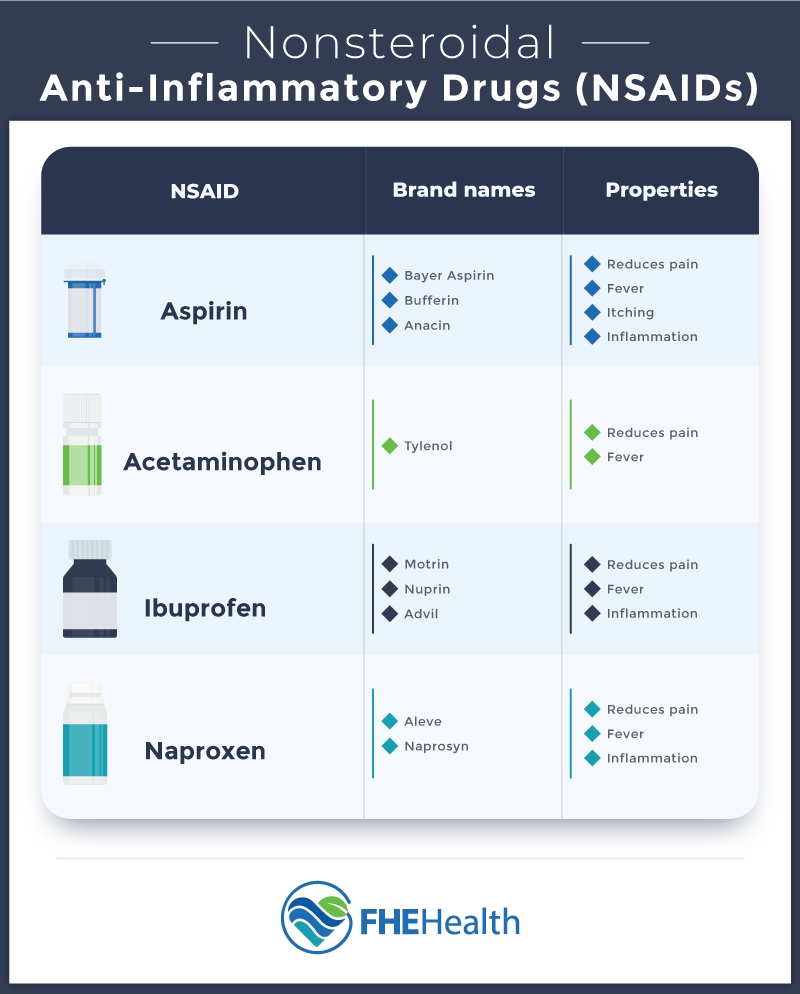We deliver to you every day from 7:00 to 23:00
The best discounts this week
Every week you can find the best discounts here.
Can I Take Aspirin with Other Painkillers?
When it comes to managing pain, many people rely on over-the-counter (OTC) medications, such as aspirin, to provide relief. However, a common question that arises is whether it’s safe to combine aspirin with other painkillers. The answer depends on various factors, including the type of medication you’re using and your overall health.
In this article, we’ll explore whether it’s safe to take aspirin with other painkillers, what potential risks exist, and how to make informed decisions about pain management.

Understanding Aspirin and Its Effects
Aspirin is one of the oldest and most commonly used painkillers. It belongs to a class of drugs called nonsteroidal anti-inflammatory drugs (NSAIDs). Aspirin works by reducing inflammation, pain, and fever, making it effective for a range of conditions, such as headaches, muscle aches, and arthritis.
While aspirin is widely available and considered safe for most people when used appropriately, it’s important to understand how it works. Aspirin inhibits an enzyme called COX-1, which helps produce chemicals involved in inflammation and pain. However, this inhibition can also lead to side effects, especially when taken in combination with other medications.
Combining Aspirin with Other Painkillers
Taking multiple painkillers simultaneously might seem like a good way to get more effective relief, but this can be risky. Below, we’ll discuss the safety and risks of combining aspirin with other common pain medications.
Can You Take Aspirin with Ibuprofen?
Many people wonder whether it’s safe to take aspirin and ibuprofen together. Both are NSAIDs, so taking them together can increase the risk of side effects. Both medications work by inhibiting COX enzymes, and when used together, they can increase the risk of gastrointestinal bleeding, ulcers, and kidney damage.
In general, combining aspirin with ibuprofen isn’t recommended unless prescribed by a doctor. If you do need both medications, your doctor may advise spacing them out to minimize risks.
Can You Take Aspirin with Acetaminophen?
Unlike NSAIDs, acetaminophen (Tylenol) works by blocking pain signals in the brain rather than reducing inflammation. Since acetaminophen and aspirin work in different ways, they can often be taken together in certain situations. However, there are some important caveats to keep in mind.
When combining these two painkillers, it’s crucial to follow the recommended doses. Excessive use of acetaminophen can cause liver damage, especially when taken with aspirin in large amounts. It’s also important to avoid using other products that contain acetaminophen while taking this combination.

Can You Take Aspirin with Prescription Painkillers?
If you’re prescribed opioid painkillers such as hydrocodone or oxycodone, taking them with aspirin may not always pose a major risk. However, combining opioids with aspirin could increase the risk of gastrointestinal issues, especially if you take them over an extended period.
Your doctor will assess your condition to determine whether combining aspirin with prescription painkillers is safe. Be sure to follow your doctor’s guidance on dosing and timing to reduce any potential complications.
Can You Take Aspirin with Other NSAIDs?
Taking aspirin with other NSAIDs, such as naproxen (Aleve) or celecoxib (Celebrex), is not recommended. Both aspirin and these medications inhibit COX enzymes, which can lead to a higher risk of gastrointestinal bleeding, ulcers, and kidney problems.
If you need stronger pain relief, your doctor may recommend an alternative treatment plan. Always check with your healthcare provider before combining any medications to avoid serious side effects.
Potential Risks of Combining Aspirin with Other Painkillers
When combining aspirin with other medications, there are several risks to be aware of. These risks vary depending on the specific painkillers involved, but here are some general concerns:
Gastrointestinal Issues
One of the most common risks of combining aspirin with other NSAIDs is the potential for gastrointestinal issues. NSAIDs, including aspirin, can irritate the stomach lining, leading to ulcers, gastritis, and even bleeding. Combining aspirin with other painkillers that also have gastrointestinal side effects can heighten these risks.
Kidney Damage
Both aspirin and other NSAIDs can affect kidney function, especially when taken in high doses or over long periods. When taken together, these medications can put additional strain on the kidneys, potentially leading to kidney damage or even kidney failure.
Increased Risk of Heart Problems
Some NSAIDs, including aspirin, can increase the risk of heart problems, particularly for those who have pre-existing cardiovascular conditions. Taking multiple NSAIDs together can exacerbate this risk. For individuals at high risk for heart disease, combining painkillers may not be recommended.
Liver Damage
As mentioned earlier, acetaminophen (Tylenol) can cause liver damage when taken in high doses, especially when combined with other painkillers like aspirin. It’s essential to avoid exceeding the recommended dosage to prevent liver damage.
How to Safely Take Aspirin with Other Painkillers
If you do need to combine aspirin with other medications, there are a few strategies that can help minimize the risks:
-
Consult Your Healthcare Provider: Always check with your doctor or pharmacist before taking aspirin with other medications. They can advise you on safe dosages and timing to reduce risks.
-
Space Out Your Medications: If combining aspirin with another painkiller is necessary, your doctor may recommend spacing them out to reduce the strain on your stomach, kidneys, and other organs.
-
Stick to the Recommended Dosage: Never exceed the recommended dose for either aspirin or any other painkillers. Taking more than the suggested amount can lead to serious health problems.
-
Consider Non-Pharmacological Treatments: Sometimes, lifestyle changes or alternative treatments, such as physical therapy, heat and cold therapy, or massage, can help manage pain without relying solely on medications.
When Should You Avoid Taking Aspirin with Other Painkillers?
There are certain situations when combining aspirin with other painkillers should be avoided entirely:
-
If you have a history of gastrointestinal issues like ulcers or bleeding.
-
If you have kidney disease or are at risk for kidney problems.
-
If you have a history of heart disease or high blood pressure.
-
If you are taking blood thinners (such as warfarin), as the combination can increase the risk of bleeding.
Always discuss your medication options with your healthcare provider to find the best pain management strategy for your specific health condition.
FAQs About Taking Aspirin with Other Painkillers
Q: Is it safe to take aspirin and ibuprofen together?
A: Generally, it’s not recommended to take aspirin and ibuprofen together due to an increased risk of gastrointestinal issues and kidney damage. Always consult with a healthcare provider before combining these medications.
Q: Can I take aspirin and acetaminophen at the same time?
A: Yes, it is usually safe to take aspirin and acetaminophen together, as they work in different ways. However, make sure to follow the recommended dosages to avoid liver damage or other complications.
Q: Can I combine aspirin with prescription painkillers?
A: Combining aspirin with prescription painkillers, such as opioids, may be safe in certain cases, but always follow your doctor’s instructions to minimize risks.
Q: How long can I take aspirin for pain relief?
A: You should not take aspirin for more than 10 days for pain without consulting your doctor. Long-term use of aspirin should be carefully monitored due to potential side effects.

Conclusion
In conclusion, while it may be possible to take aspirin with other painkillers, it’s important to exercise caution. Combining medications can increase the risk of serious side effects such as gastrointestinal bleeding, kidney damage, and liver issues. Always consult with a healthcare provider before mixing medications, and be sure to follow their guidance on dosage and timing.
For more information on safe pain management, visit our website at DUYTHIN.DIGITAL.











